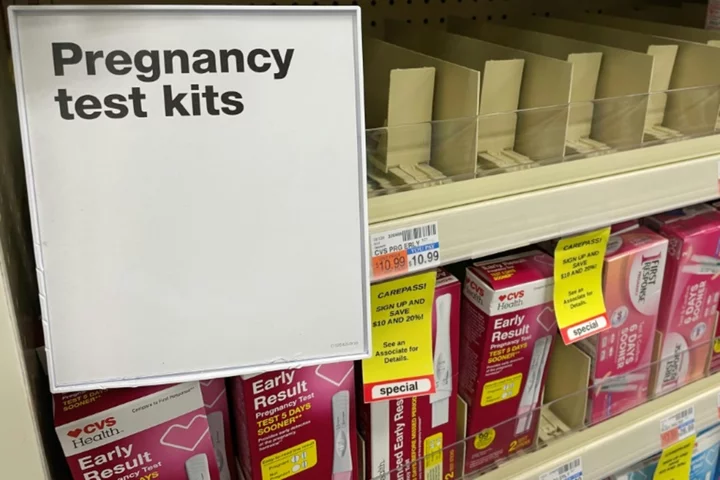As the expiration of the Covid-19 public health emergency declaration approaches, the US Drug Enforcement Administration has extended the flexibilities regarding the prescription of controlled medications via telehealth.
Before the pandemic, medical practitioners were subject to the conditions of the Ryan Haight Act, which required at least one in-person medical examination before prescribing a controlled medicine, Dr. Shabana Khan, chair of the American Psychiatric Association's Committee on Telepsychiatry, told CNN in a previous story on the flexibilities.
Controlled medications include stimulant medications for attention-deficit hyperactivity disorder, benzodiazepines for anxiety, or medications for opioid use disorder, sleep or pain. The DEA's website has a general list of controlled substances, and an exhaustive list can be found here.
One exception to this act has been a public health emergency declared by the secretary of the US Department of Health and Human Services, or HHS, which has been in place for the past three years due to the Covid-19 pandemic.
"It was immensely helpful," Khan said, "and allowed many Americans to get their medical care without having to come in person, so we could treat patients completely remotely."
With the public health emergency set to end May 11, on March 1 the DEA issued two proposals that would establish some flexibility in the telehealth framework moving forward, Khan said: The proposals would allow telehealth practitioners to prescribe one 30-day supply of buprenorphine — a medication for opioid use disorder — or Schedule III-V non-narcotic controlled medications without doing an in-person exam first. A patient would have to do an in-person exam before the second prescription of either type of medication, according to those proposals.
The agency received more than 38,000 messages during the period for official public comment, which was open through March.
6-month extension
Before today's DEA extension, without a guarantee that those proposals would be approved, patients who have been getting certain controlled medications would have had to prepare so they didn't experience a disruption in care. But now, while the DEA and HHS consider the public comments and revisions to the proposed rules, the DEA and Substance Abuse and Mental Health Services Administration have decided these telehealth flexibilities will remain in place for six more months — through November 11.
"We take those comments seriously and are considering them carefully," DEA Administrator Anne Milgram said in a news release. "We recognize the importance of telemedicine in providing Americans with access to needed medications, and we have decided to extend the current flexibilities for six months while we work to find a way forward to give Americans that access with appropriate safeguards."
Ultimately there will be a final, permanent set of regulations, according to the DEA.
Additionally, "if a patient and a practitioner have established a telemedicine relationship on or before November 11, 2023, the same telemedicine flexibilities that governed the relationship to that point are permitted until November 11, 2024," according to the DEA (PDF).
This means any practitioner-patient telemedicine relationship beginning after November 11 will be subject to pre-pandemic rules unless a new final rule saying otherwise is in place by then, according to a DEA spokesperson.
The DEA's decision has been praised by the American Medical Association's chair of its Substance Use and Pain Care Task Force, Dr. Bobby Mukkamala.
"These medications, including those used to treat opioid use disorder, are a vital form of care for millions of Americans who have come to rely on safe and effective telemedicine appointments," Mukkamala said in a statement. "Patients being treated with these medications often have challenges securing and traveling to in-person appointments. We are grateful the DEA is approaching this issue with the gravity it deserves, and we look forward to reviewing the details of the policy when they become available."









